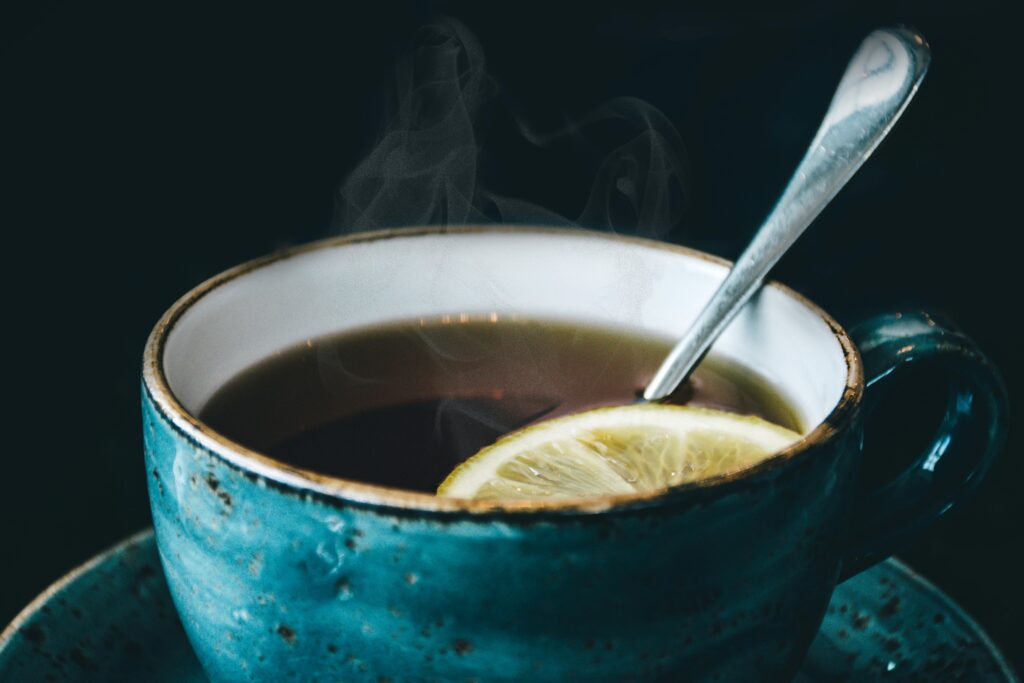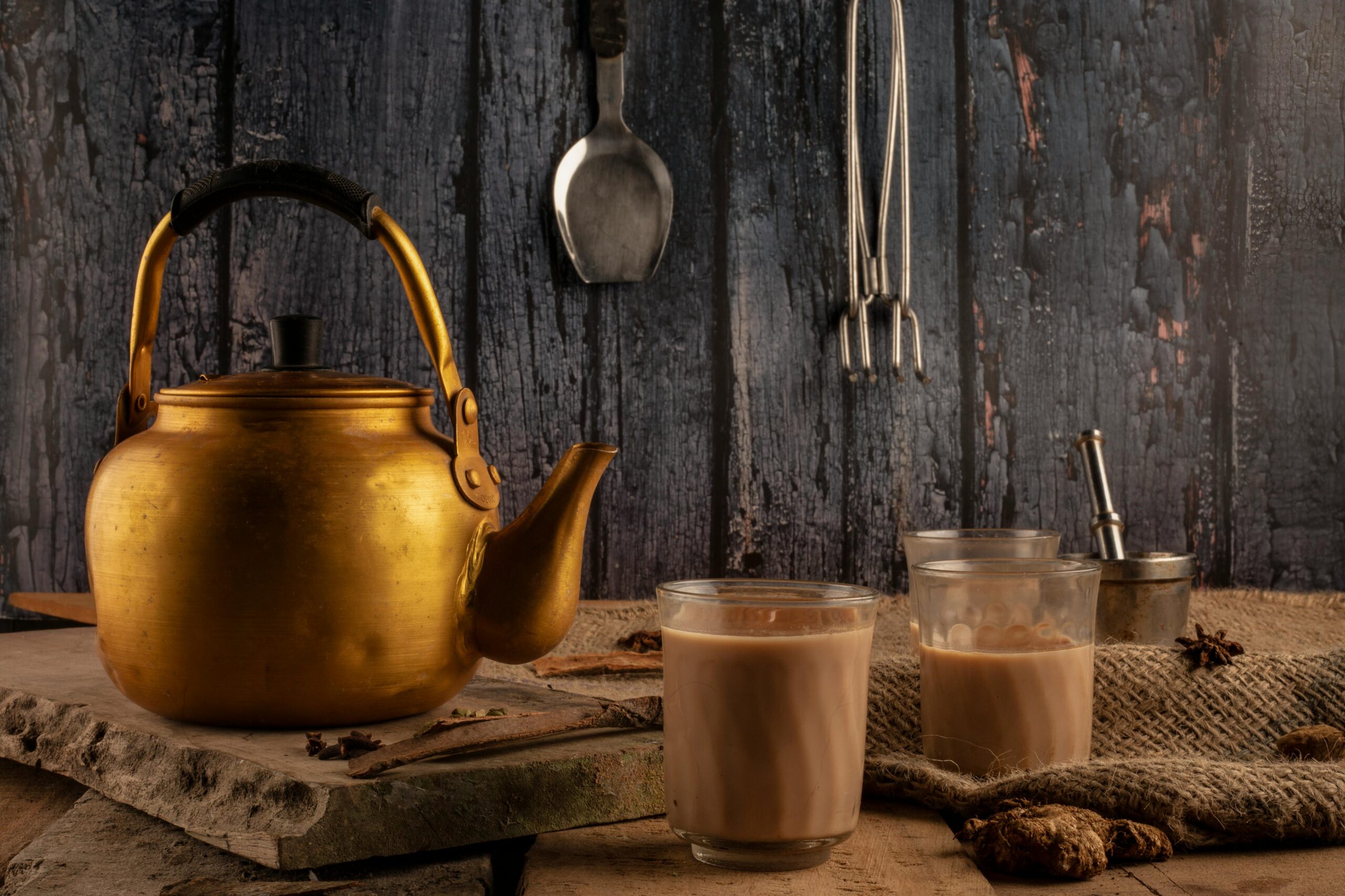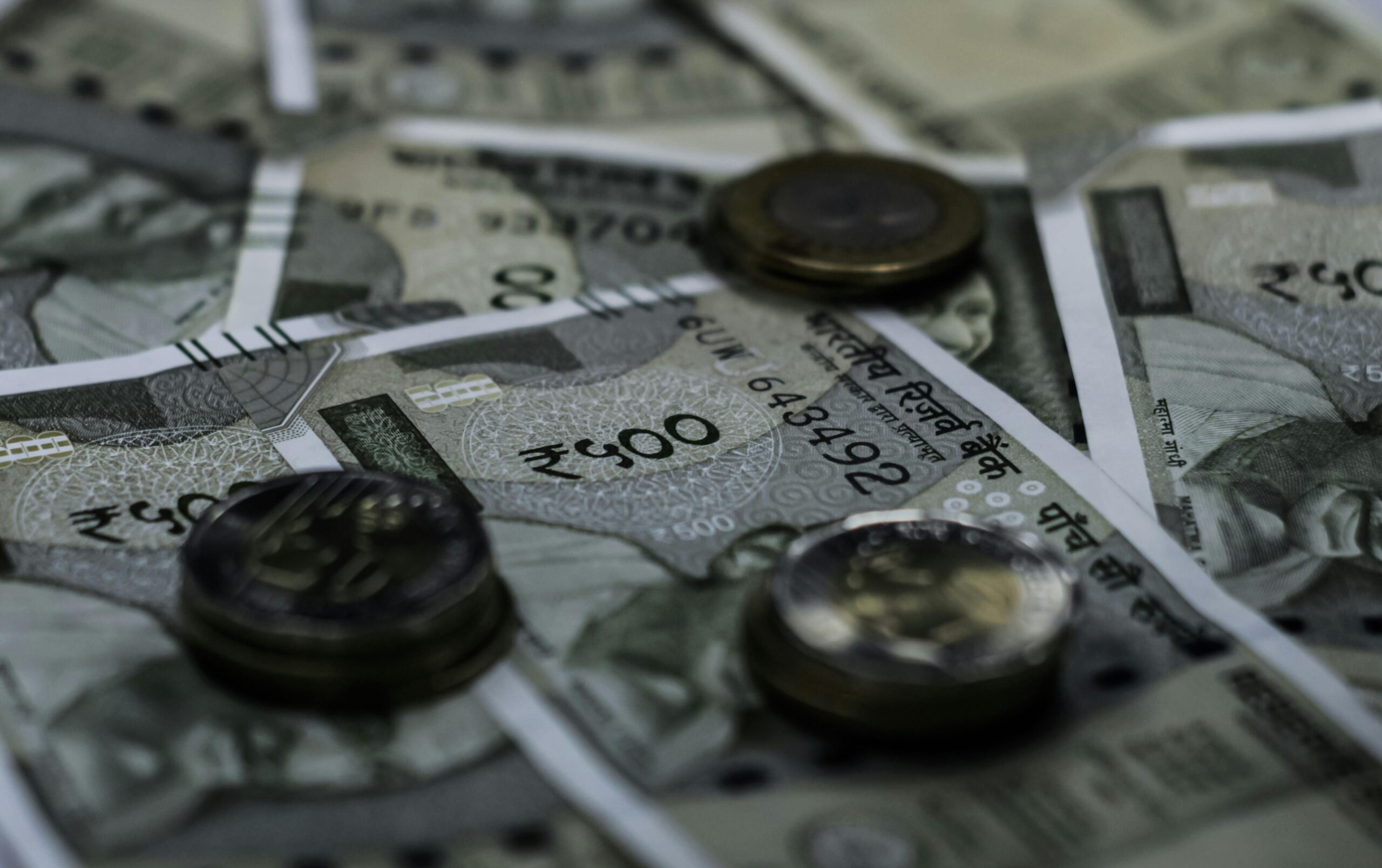Tea is more than just a beverage in India—it is a way of life. From the bustling streets of Delhi to the tranquil tea gardens of Assam and Darjeeling, tea has woven itself into the cultural fabric of the nation. But have you ever wondered where it all began? The story of Indian tea is not only rooted in history but also wrapped in legend, spirituality, and tradition.
The Indian Legend Behind the Discovery of Tea
According to Indian folklore, the discovery of tea dates back to the story of Bodhidharma, a Buddhist monk who traveled from India to China in the 5th or 6th century. Determined to meditate for nine long years without sleep, Bodhidharma struggled with drowsiness during his journey. In a moment of frustration, he plucked off his eyelids and threw them onto the ground. From that spot, a mysterious plant sprouted—one that could drive away sleep and fatigue.
That plant, as the legend goes, was the tea plant. The leaves, when brewed, kept Bodhidharma awake and alert, helping him continue his meditation. While this may be a myth, it beautifully connects India with the spiritual origins of tea, symbolizing discipline, mindfulness, and energy.
The Historical Roots of Indian Tea
Beyond the legend, history tells us that tea was indigenous to India long before the British commercialized it. In fact, wild tea plants (Camellia sinensis) grew in the forests of Assam and Arunachal Pradesh. The local tribes, particularly the Singpho tribe of Assam, are said to have consumed tea leaves by boiling them or chewing them raw for centuries.
It was only in the early 19th century that the British East India Company recognized the potential of Indian tea. Until then, Britain was heavily dependent on Chinese tea imports. By experimenting with tea cultivation in Assam and Darjeeling, the British discovered that India could produce tea of equal, if not superior, quality.
This marked the beginning of India’s transformation into one of the largest tea producers in the world.
Indian Tea: A Symbol of Culture and Identity
Today, Indian tea is more than just a commodity—it represents hospitality, tradition, and comfort. A visit to any Indian household is incomplete without being offered a cup of tea, often in the form of masala chai, a flavorful blend of tea, milk, sugar, and spices like ginger, cardamom, and cloves.
Some iconic varieties of Indian tea include:
- Assam Tea: Known for its strong, malty flavor, Assam tea is often used in breakfast blends like English Breakfast Tea.
- Darjeeling Tea: Nicknamed the “Champagne of Teas,” Darjeeling tea is prized for its delicate aroma and muscatel flavor.
- Nilgiri Tea: Grown in the Blue Mountains of South India, Nilgiri tea is fragrant, brisk, and refreshing.
- Masala Chai: A unique Indian creation, combining tea with spices, milk, and sugar to create a warming, aromatic beverage.
Each of these varieties reflects the diversity of India’s geography, climate, and traditions.
The Global Impact of Indian Tea

India is currently the second-largest tea producer in the world, after China. With thousands of tea estates spread across Assam, West Bengal, Kerala, and Tamil Nadu, Indian tea has become a global symbol of quality and flavor. The Tea Board of India also ensures the authenticity of geographical indications (GI tags), protecting teas like Darjeeling from imitation.
Interestingly, India is not just one of the largest exporters of tea but also one of the largest consumers. According to reports, more than 80% of Indian tea is consumed domestically, reflecting how deeply it is ingrained in daily life.
Why the Legend Still Matters
While modern science and history have explained the journey of tea, the legend of Bodhidharma and his eyelids continues to hold cultural significance. It connects tea with meditation, awareness, and resilience—qualities that still resonate with tea lovers today.
The story also highlights how tea is not merely a drink but an experience. Whether it’s keeping monks awake in meditation, energizing workers during a long day, or bringing families together during conversations, tea has always symbolized vitality and connection.
Conclusion
The legend of the discovery of tea in India may be wrapped in myth, but it reveals the timeless bond between Indians and their beloved beverage. From ancient Buddhist traditions to British colonial plantations and today’s bustling tea stalls, Indian tea has traveled an extraordinary journey.
So, the next time you sip a cup of chai, remember—you’re not just drinking a beverage. You’re partaking in a story centuries old, a tale of legends, history, and culture that has made tea an inseparable part of Indian identity.


